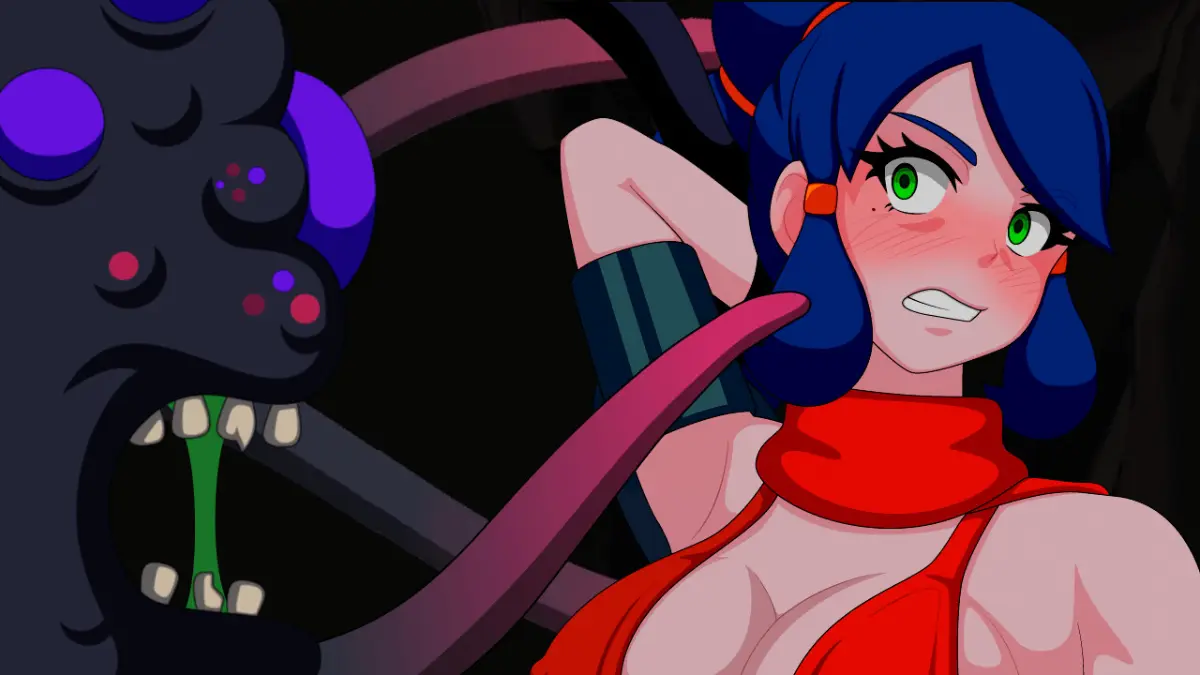Steam has begun rejecting adult-themed games from its Early Access program, leaving developers to scramble for alternative release strategies. Multiple studios report receiving rejection notices that specifically cite the platform’s inability to “support the Early Access model of development for a game with mature themes.”
The change appears to target games with explicit sexual content rather than general mature-rated titles featuring violence or other adult themes. Developers can still release their games on Steam as full launches, but they’re blocked from using the Early Access label and its associated development model.
Several NSFW projects have already been caught in the new restriction. Heavy Hearts by Dammitbird and The Restoration of Aphrodisia by Blue Fairy were both rejected from Early Access. Meanwhile, Winterlook’s Stellar Dream and Crimson Delight’s Tales of Legendary Lust: Aphrodisia pivoted to full releases after learning about the policy.
For indie adult game developers, losing Early Access represents more than just a label change. The program has served as a crucial funding mechanism, allowing studios to sell unfinished games while continuing development. Without it, many teams face difficult choices about how to finance their projects.
Steam’s relationship with adult content has evolved significantly over the years. The platform opened its doors to most adult games around 2018, requiring only that users opt-in to view such content. Thankfully, Steam still maintains strict prohibitions against certain types of sexual content, including anything involving minors or non-consensual acts.
The timing of this Early Access restriction may relate to increasing pressure from payment processors. Mastercard and Visa have implemented stricter requirements for adult content merchants since 2021, pushing platforms to maintain tighter controls over explicit material. Early Access games present a unique challenge since they receive substantial content updates after launch, making pre-release moderation more difficult.
The workaround wars begin
Affected developers are already adapting their strategies. Some are rebranding incomplete games as “1.0” releases with promised future updates. Others are splitting content into episodes or DLC to maintain an iterative release schedule. A few are exploring alternative funding through Patreon or moving to specialized adult gaming platforms like Nutaku.
The change raises concerns about transparency for consumers. Without the Early Access warning label, buyers might struggle to identify which adult games are truly complete versus those still under active development. Valve has not issued a public statement explaining the policy or whether exceptions might be possible.

